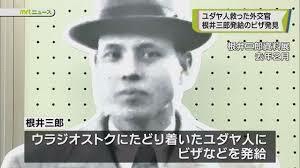
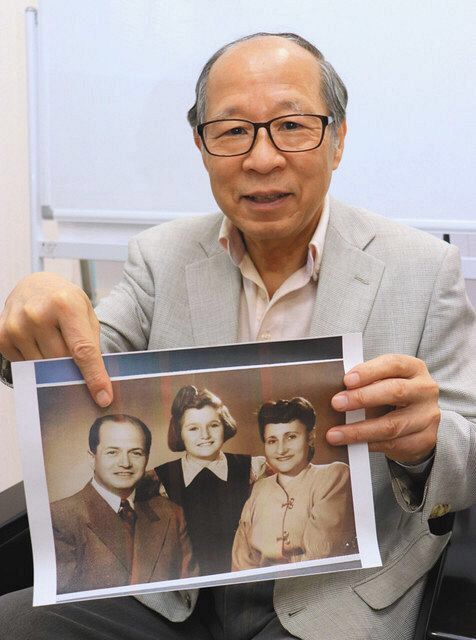
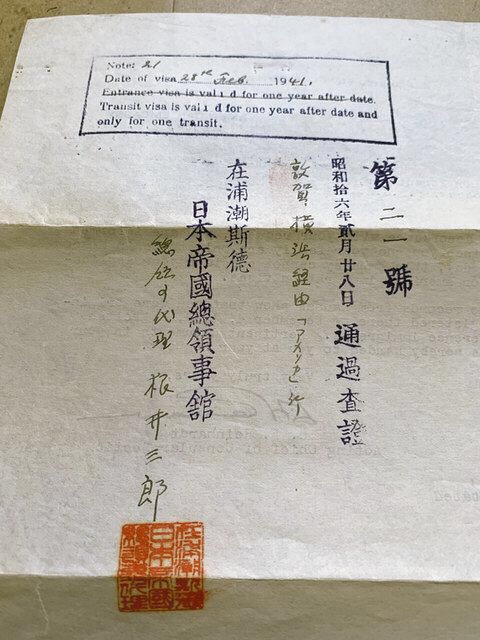
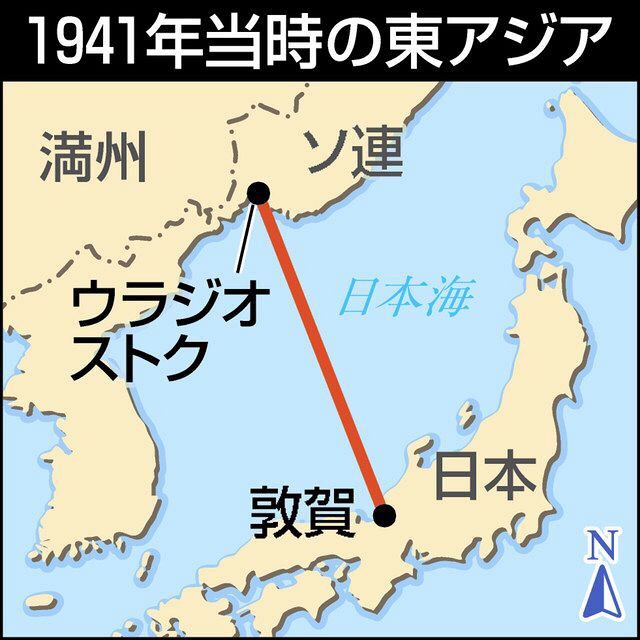
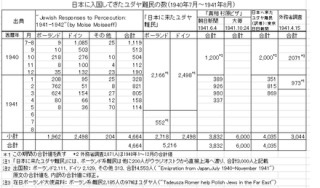
Jewish Refugees: Another “Visa of Life” Discovered in US: Jewish Relief, Saburo Nei
Jewish refugees:
Saburo Nei:
Helped the exile of Jewish refugees persecuted by Nazi Germany during World War II.
The “Japan transit visa (visa) issued by diplomat Saburo Nei (1902-92)” was first found in the United States.
Miyazaki City: Contents of announcement
The birthplace of Miyazaki City announced on June 2.
Miyazaki City said, “It was confirmed that Saburo Nei moved to rescue Jews from a humanitarian standpoint.”
Far East Vladivostok: Deputy Consul General
Saburo Nei was then Vice President of the Soviet Union (now Russia) Vladivostok/Consul General.
During the war, Jewish refugees carried a so-called “visa of life” issued by the Deputy Consul General of Japan/Lithuania/Sugihara.
Saburo Nei
Immediate response to Jewish refugees fleeing the Siberian Railway.
He gave permission to board a ferry to Tsuruga Port (Fukui Prefecture).
“The record that a person who does not have a visa issued a visa on his own,” remains on the Soviet side.
“A visa issued by Sugihara, signed by Nei and stamped to permit passage through Japan,” has been found.
However, “a visa issued by Saburo Nei alone” has not been confirmed.
Survey by Akira Kitade (76), a freelance writer
Books on Jewish Refugees: A freelance writer living in Tokyo
Akira Kitade (76) confirmed the following.
Jewish Poles: Late Simon Coentiel
With my wife and daughter,they passed Japan with Saburo Nei’s visa,
Confirmed that he was in exile in San Francisco, USA, via Shanghai, China.
US grandchild: Confirm image data
Grandson, who lives in the United States, provided me with visa image data.
The visa has a date of February 28, 1941 and is signed by Nei.
Ministry of Foreign Affairs of Japan during the war:
In 1941, he re-censored the Japan transit visa issued by Sugihara.
The Japanese Ministry of Foreign Affairs has instructed Nei, “Do not allow anyone who does not meet the requirements to board a ship bound for Japan.”
In response, Saburo Nei rejected the telegram, saying, “It’s not interesting in view of international credit,” and it remains in the Foreign Relations Museum.
[West Japan News]